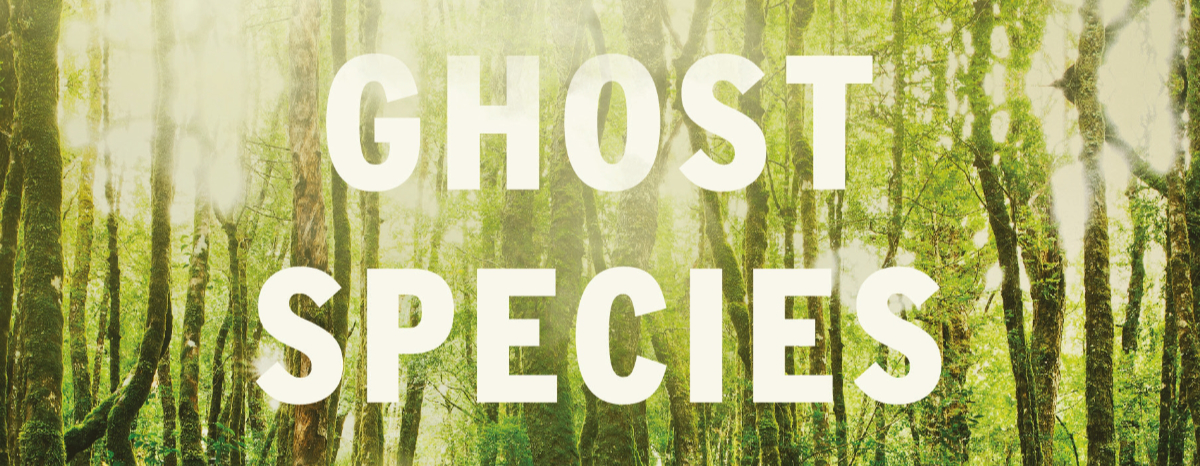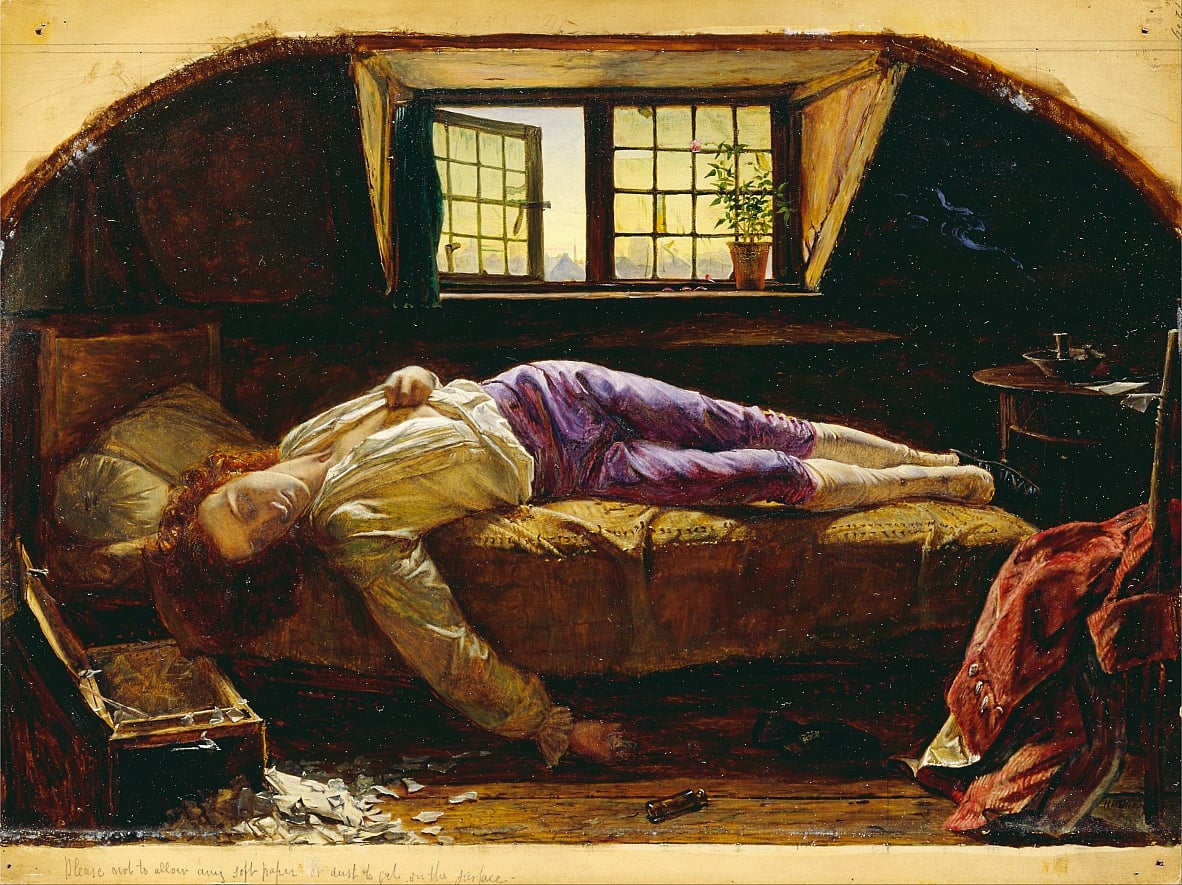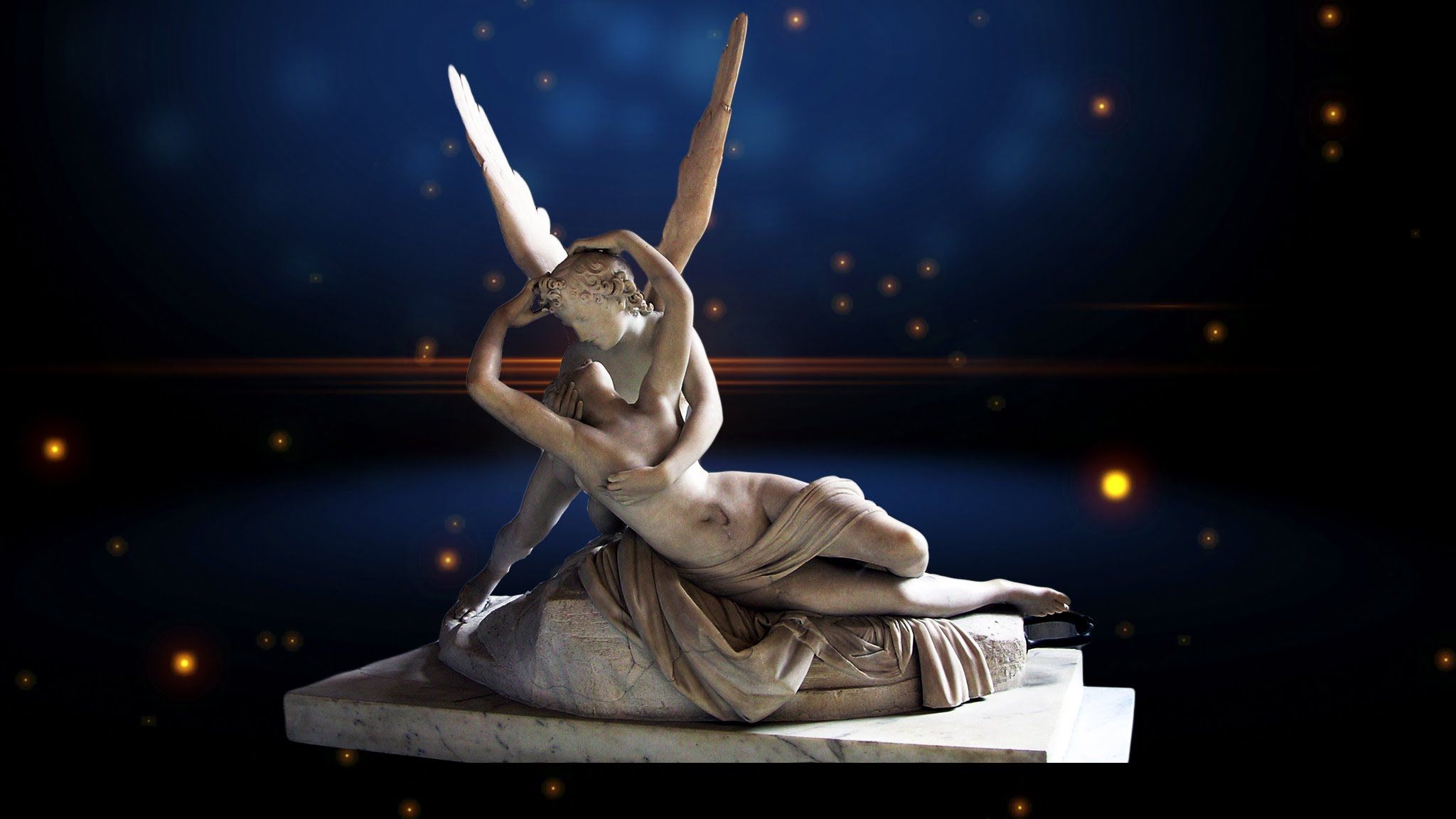
Why do we read novels? Why are we the only species which has such an ability (and compulsion) to create and hear stories – these ‘untrue’ tales, like memories of things that never happened? We know they are not real, yet they clearly matter to us in some profound way.
Many works of fiction appeal because they provide a form of comfort. They relay parables which reassure readers that their way of seeing the world is correct. We may agree with many of these perspectives, but what’s the point of reading answers with which we already agree? On relationships, on politics, on environmental issues or the ‘unfairness’ of society, there is a danger of complacency – of simply congratulating ourselves on ‘thinking right’. Rather, as James Baldwin wrote, the aim of fiction is surely ‘to lay bare the questions that have been hidden by the answers’. Good novels do this by creating alternative worlds. They shimmer alongside our own, similar but strangely different. It is a kind of magic. They offer new ways of seeing the world, of seeing people and relationships from other perspectives. After reading a good book, you are never quite the same person.
These thoughts were in my mind when I picked up James Bradley’s new novel, Ghost Species. I was taken aback. There in the prologue, these very thoughts were laid out on the page:
Are we the only animals that tell stories? Do the birds? Do the fish? The elephants? The whales and dolphins? And if they do, what shape do those stories take? For surely story is as much a way of being in the world as a way of describing it? A means of comprehending the way all that surrounds us hums through us as we live?
This story begins with Kate, a renowned genetic engineer, flying into a remote research facility owned by Davis, a tech billionaire who seems an unnerving blend of Elon Musk and Mark Zuckerberg. He asks her to work on a project to revive extinct species (she has already spotted a pack of thylacine in the grounds). These are part of Davis’s mission to restore a healthier, pre-human ecology in response to the impact of the climate emergency. So far, so sci-fi, I thought, immediately reminded of the opening scenes of Alex Garlands’s Ex Machina. Davis asks her to join a secret team to create and bring to birth a Neanderthal baby. Kate says yes, and here the story take off. An embryo is developed from surviving neanderthal DNA, a surrogate mother found, and at last a baby is born.
For Kate, the thought of the little creature being brought up in a lab as a ‘proof of concept’, without affection or an emotional bond, is unbearable. (Her response brings to mind the pity evoked by the famous Harlow monkey experiment, in which newborn rhesus monkey clung to a wire-and-cloth ‘mother’ in a pathetic bid for affection.) Kate kidnaps the baby Neanderthal, named Eve, and spends several years hiding out with her before being recaptured. By now they have developed a loving relationship and stay together as a family. When Eve is a teenager, though, Kate develops an inoperable tumour and soon dies. Eve is alone in the world as well as the only one of her species, just at a time when changes to the climate and ecosystem are accelerating and society begins to collapse.
James Bradley has developed into a master storyteller. His prose is ‘frictionless’ in the best sense. Any more detail would be too much; any less would be too little. The unnamed Tasmanian setting is evident to an Australian reader, but is sufficiently evocative to satisfy an overseas reader. Climate change and ecological disruption rumble in the background and increasingly play a significant part in the novel, but Bradley does not strain for effect here as some might – the reality speaks for itself. Similarly, technology hints that the action is set a little into the future, but not far enough to be intrusive or evoke a more distanced response.
Eve, the Neanderthal, is an impressive creation. Writers have attempted this before, notably William Golding in The Inheritors. Bradley has an advantage, however, in that the genome of Homo neanderthalensis was fully sequenced in 2013, and subsequent DNA analysis as well as archeology is allowing us to learn more about their lives. This is not essential for a work of imagination, but it makes for a fascinating read, and must have been an exhilarating challenge to write. Eve is a rounded, convincing character who just happens to be from a different species. Without being an identikit construction, she has enough Neanderthal characteristics to remind the reader (and herself) that she is different. Eve’s appearance is noticed by others (bulkier, broader nose, and larger eyes). She is slower to develop theory of mind when young (struggling at first to imagine how others think and feel). The centre of her consciousness is more embedded in her body than her mind, and at first she instinctively communicates through gesture rather than words, though she learns language and comes to speak as well as any Homo sapiens. When Kate, her adopted mother dies, it is Eve who moves to the centre of the novel.
Since the publication of Clade in 2017, Bradley has been recognised as a leading author of eco fiction, as a sort of spin-off from science fiction. Genre is a necessary evil for writers, placing books into a reductionist category which nevertheless gives the hapless bookseller some idea of where to place them. Bryan Aldiss regarded Frankenstein as the foundation of all science fiction, and we can recognise the story as one that has been told over and over again until the present day, in Denis Villeneuve’s Blade Runner 2049, for example. Mary Shelley’s masterpiece transcends genre and is far more than a scientific horror story, of course. Like any good novel, it takes on new meanings for each generation, for each reader, for each time it is read.
The same is true of Ghost Species. Eve’s situation will resonate with anyone who has felt ‘the same but different’ in society: an awkward adolescent; a child of immigrants regularly asked ‘but where do you really come from?’; someone affected by disability or a mental health issue, or who is coming to recognise that their sexuality or gender doesn’t fits easily into a box. Kate’s situation resonates too, alienated from her own chaotic, alcoholic mother, yet discovering love for a child who is not quite human. Like each of us, she locates her full identity by recognising the responsibility we owe the past and that we owe to future generations. This is the case for our species as a whole, too, as the consequences of the Anthropocene become ever clearer.
Ghost species by James Bradley (Penguin 2020)




Great review! Thanks, Paul. I’ll get hold of it. What you have written makes me think of Karen Joy Fowler’s We Are All Completely Besides Ourselves. I wonder whether the Neanderthals lacked the aggression of homo sapiens, which is why they died out, or were killed off by us. New research shows they were very creative.
Thanks, it’s a lovely little book. And yes, it’s the too-obvious answer, but may be true – we are a really, really violent species!